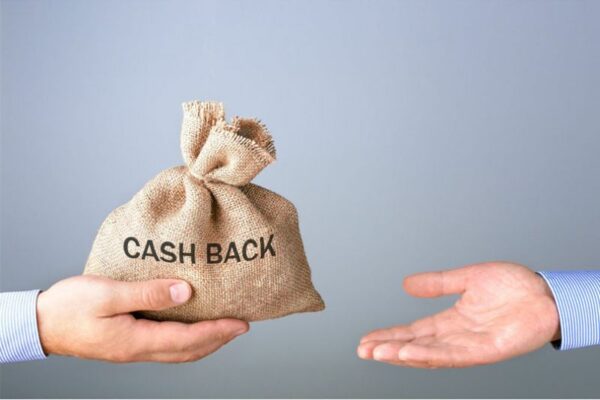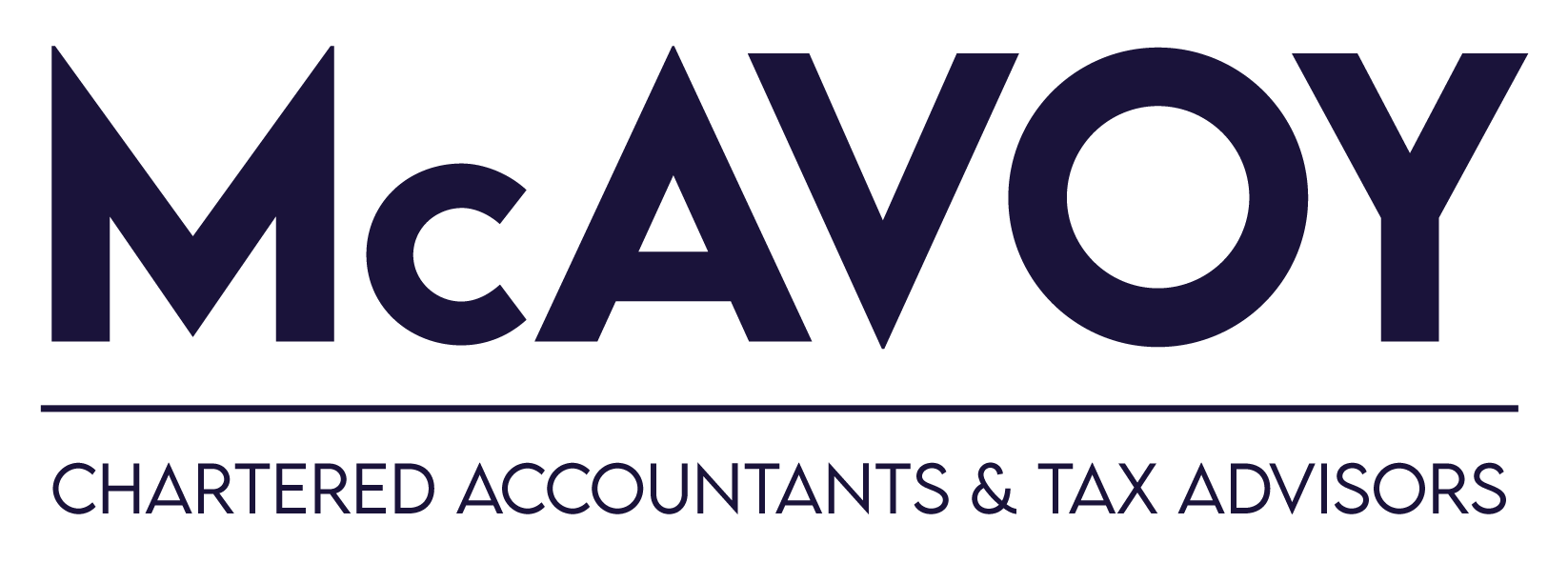
When certain conditions are met, unquoted companies can buy back shares from shareholders without them having to pay income tax, PRSI, and USC on the gain. Instead, they become subject to only capital gains tax, which opens up possibilities for exemption from tax under retirement relief, access to the 10% rate offered by revised entrepreneur relief or at worst the standard rate of 33%. This makes share buybacks quite appealing.
There are two main conditions for qualifying for capital gains tax treatment: the trade benefit test or using the payment to cover inheritance tax from a previous gift or inheritance of the shares. This article looks at only the first of these.
The Trade Benefit Test Explained:
1. The payment received by the shareholder must be primarily for the benefit of the company’s trade (or that of any of its 51% subsidiaries).
2. The payment shouldn’t be part of a scheme aimed at letting the shareholder profit from the company without getting a dividend.
Determining if a payment benefits a trade has been controversial. The first issue was whether the shareholder had to completely sever ties with the company. Revenue’s Tax and Duty Manual states that if a shareholder doesn’t sell all their shares or retains a connection with the company (such as a directorship), it is unlikely the transaction benefits the company’s trade.
Having stated this, the manual goes on to make certain exceptions. such as a retiring director wanting to keep a small shareholding for sentimental reasons, or a controlling shareholder staying on as a director for a transitional period to avoid negatively impacting the company.
Revenue’s stance looks overly harsh. The statutory condition for the reduction in a shareholder’s interest merely looks for a 25% reduction in that interest. Moreover, Revenue’s approach makes no allowance for the change in human behaviour that has come about since the legislation was introduced in 1991. Today many older businesspeople enjoy remaining active in their companies. The idea of completely stepping back can be daunting for those who view gradual retirement as a better option.
Enter the Tax Appeal Commission
Interestingly a 2017 Tax Appeal Commission decision criticised Revenue’s strict view. The Commission emphasised that the trade benefit test is subjective, based on the facts of each case. It found that a buyback could have multiple purposes, with benefiting the trade being just one. In this case, the redemption of 25% of a shareholder’s stake was deemed beneficial to the company’s trade.
Despite this, the debate continues. Revenue maintain that to pass the trade benefit test, a retained shareholding should not exceed 5% of the total share capital, and a vendor-director should not stay longer than six months. While these views aren’t legally binding, they suggest that Revenue would like the courts to clarify the trade benefit test. Shareholders should be aware that deviating from these guidelines might lead to a lengthy dispute.
In conclusion, share buybacks come with tax risks. Meeting the trade benefit test is just one hurdle, with several other conditions and potential valuation issues to consider. Anyone considering a buyback needs to take professional advice.
*This article is written in general terms and should not be relied on as a comprehensive summary of the relevant tax law. Advice should always be sought before any action is taken.


